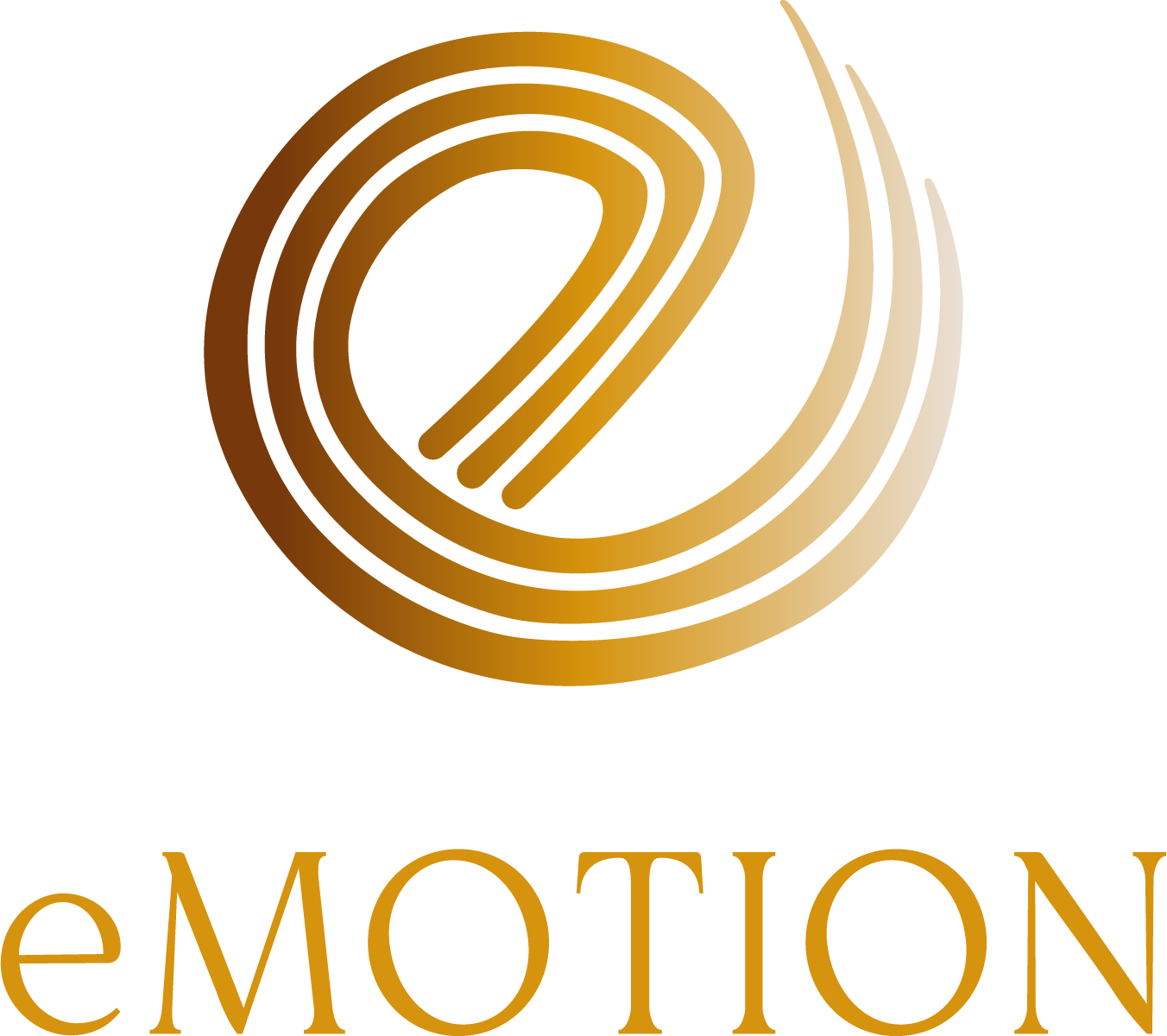Coaching
Coaching supports individuals, teams or groups in achieving greater self-awareness, improved self-management and increased self-efficacy, so that you can develop your own goals and solutions. It is a collaborative, conversation-based process, which emphasizes and builds on your existing and developing strengths. It is often focused on supporting you in making changes, either to how things are at present or to your near and distant future.
What it is?
Coaching associated with the work environment such as improving performance at work or resolving high levels of stress is often known as executive or business coaching. Coaches focusing on clients’ personal lives are often known as life coaches. But there are also many other types of coaching including coaching for returning to work, being a caregiver, relationship issues, health challenges, mental health problems, life transitions and grief.
What Does It Look Like?
Coaching is a process that first starts with identifying the patterns, beliefs and/or relationship dynamics that may be holding the clients’ back from reaching their full potential. Coaches clarify the ‘being self’, relationships, values, core identity and core needs, as well as the ‘doing self’, career, roles, tasks, and skills.
Coaching sessions are often less frequent but longer in length than the therapeutic hour. The coach is there to help the clients’ do quality, generative thinking. Sessions are structured, directional and interactive. Sessions are based around a conversation but may also involve exercises. Sometimes, there may be simple tasks or specific thinking to be done between sessions. The process might feel challenging at times, but clients should never feel judged, criticized or emotionally unsafe. Coaches may follow a specific model or integrate more than one model, along with elements of various therapeutic approaches including person-centered, emotion-focused, solution-focused and cognitive-behavioral.
How it works?
Coaching is about action and change. The purpose of coaching is to increase self-awareness and empower the clients to make explicit choices to close the gap between their potential and their current state. While therapy can be reparative in nature, coaching has a developmental focus. Coaches look at how the ‘there and then’ may be impacting the ‘here and now’, but it is not primarily focused on understanding the past or overcoming traumatic events. However, Psychologist led coaching means the facilitator can safely work at depth to address the underlying causes of destructive patterns and the reason for feeling stuck.
